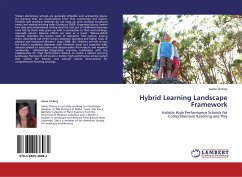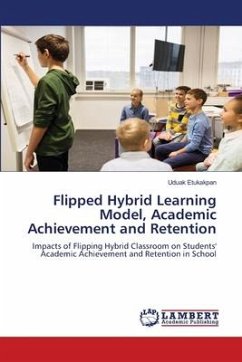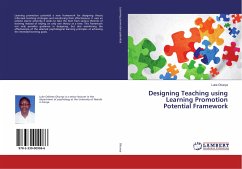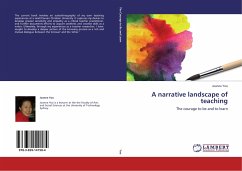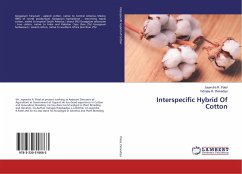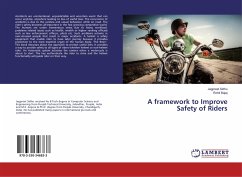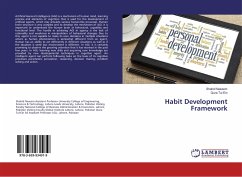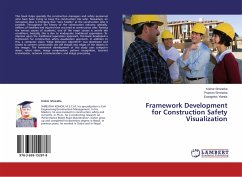Today's elementary schools are generally inflexible and uninspiring places for learning that are disconnected from their community and nature. Facilities and teaching methods do not keep up with evolving workforce needs and varying learning styles (Stanbury 2009). Organized sports, limited free time and standardized testing steal the zest out of childhood discovery once felt by those who grew up with a connection to their surroundings, especially nature. Adverse effects are seen as a result. Nature-deficit disorder describes the human costs of alienation from nature, among them: diminished use of the senses, attention disorders and higher rates of physical and emotional illnesses, (Louv 2008, 36). Children are left to face the world s escalating dilemmas with hindered social and cognitive skills, diseases related to association and disassociation from nature and impaired community relationships. Integrating Learning Landscapes with the Collaborative for High Performance Schools to create a Hybrid Learning Landscape Framework will create a holistic high performance school system that utilizes the interior and exterior school environment for comprehensive learning and play.
Bitte wählen Sie Ihr Anliegen aus.
Rechnungen
Retourenschein anfordern
Bestellstatus
Storno

